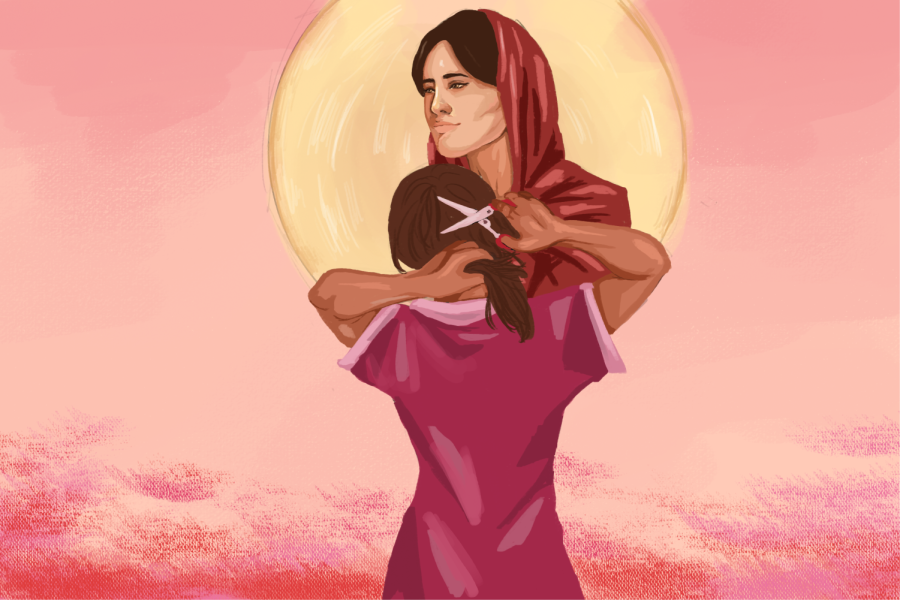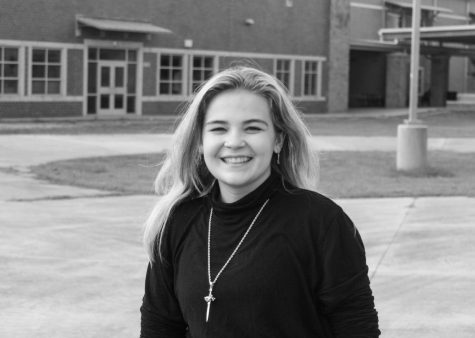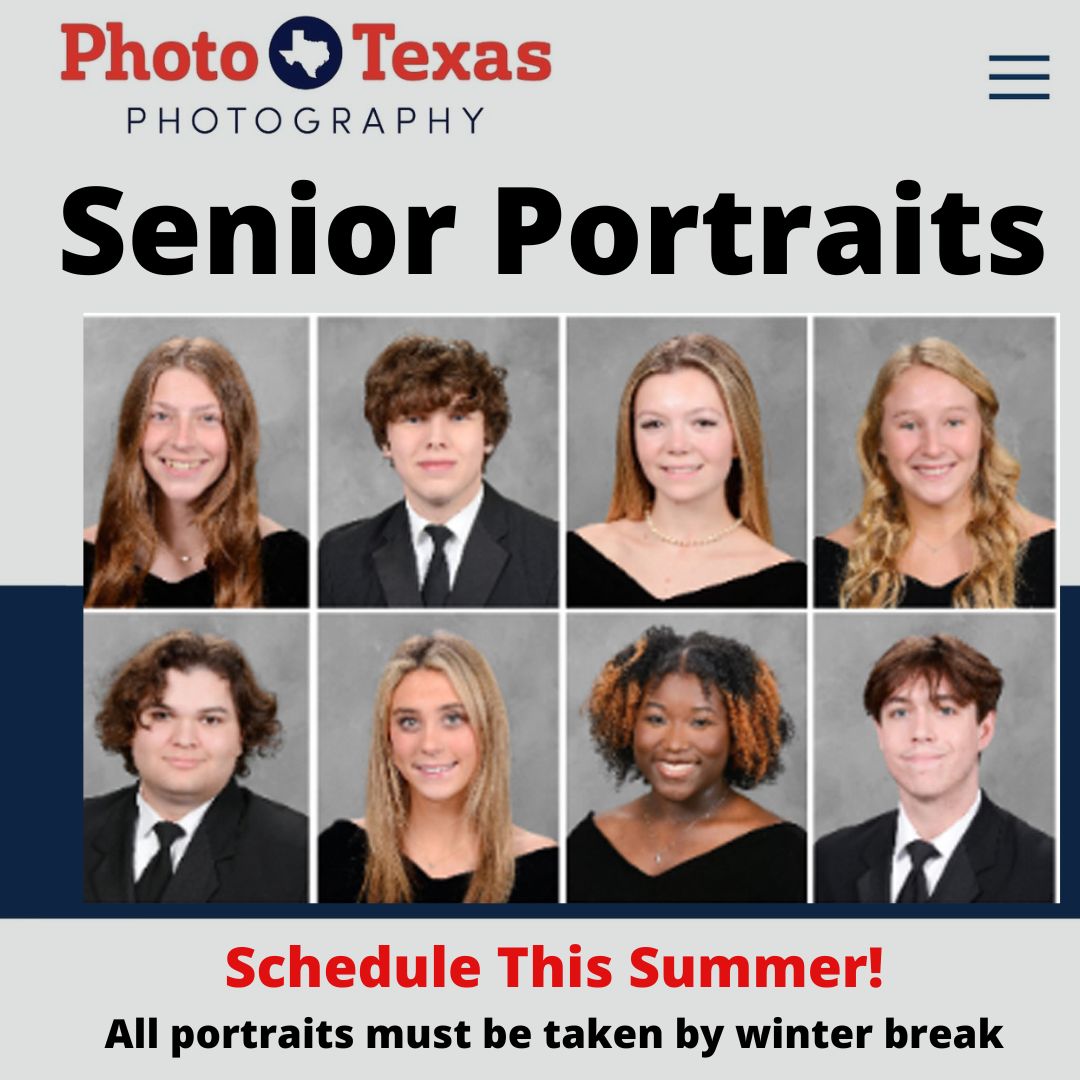Students break down Islamic misconceptions after violent protests in Iran
Amidst rising protests in Iran, women feel the polarization between Iran’s government and the religion of Islam is only growing
On Sept. 16, 22-year-old Iranian woman Mahsa Amini died in a hospital in Tehran, Iran. The Guidance Patrol, the religious morality police of Iran’s government, arrested Amini for not wearing the hijab in accordance with government standards. Though police claimed she died of heart failure, many Iranian people were convinced she was killed in police custody.
December 6, 2022
On Sept. 16, 22-year-old Iranian woman Mahsa Amini died in a hospital in Tehran, Iran. The Guidance Patrol, the religious morality police of Iran’s government, arrested Amini for not wearing the hijab in accordance with government standards. Though police claimed she died of heart failure, many Iranian people were convinced she was killed in police custody.
Since Amini’s death, thousands of Iranians have protested the details surrounding her death, police brutality and current morality laws. Iranian police have since used violence in response to protests, leading to the death of over 400 citizens. Furthermore, many women are defying the law in refusing to wear their headscarves in public. Amini’s death has sparked a global surge of demand for change with women’s rights at the forefront.
Founded in September, the muslim culture club aims to “build a community of empowered Muslim students.” Its club leaders-junior Afnan Gabir, sophomore Layali Hassan and sophomore Dana Zohny feel the polarization between Iran’s government and their religion of Islam is only growing.
“The things that people do under the banner of Islam, the name of Islam, puts such a bad representation on it and it’s [Islam] not justified anywhere in the Quran, which is our holy book,” Hassan said. “Or, anything the Prophet said, ever.”
In Islam, there is Sharia law which is what muslims follow from code in the Quran and from God. But currently, a lot of the countries in the Middle East don’t follow this law, opting to implement their own rules, according to Gabir.
“[This] is why you can say, technically, that government and religion are not tied because the culture doesn’t really follow the specific rules of Sharia law that are supposed to be followed,” Gabir said. “And, that’s why there’s a lot of misconceptions. They govern themselves under the banner of Sharia law, but it’s not actually true.”
According to Hassan, the word Islam means, “submission to God.” And, “peace,” contrasting with the alternative, common perspective of violence and terror surrounding Islam, perpetuated by the media and the Iranian government.
“The Taliban, for example, say they’re under the Taliban rule,” Gabir said. “That Islam says women should wear a hijab, women should stay home, all these misogynistic beliefs. But, it’s wrong.”
In some countries, like Iran and Afghanistan, women are required to wear the hijab in public. In the case of Amini, her supposed defiance of Iran’s morality law, has convinced many that this led to her subsequent death. Especially since Amini’s death, the laws governing women, specifically regarding the hijab, have led some women to ultimately refuse the hijab, labeling it as a suppressor of women.
“There is a passage in the Quran, the holy book, which says there is no compulsion to religion,” Gabir said. “So, you can’t force anything in the religion upon someone else because religion is a spiritual tool.”
According to Gabir, when you force a woman to wear the hijab, that act is not only wrong, but unlawful.
“[This is] a culture, a government, issue that has blended into the true and genuine laws of Islam and has corrupted it, in a sense” Gabir said. “Which is terrible because people who don’t understand Islam or who have not been in the west, or have not been in the middle east, won’t know how to distinguish between what’s truly Islam and what’s the government.”
According to Gabir, there’s nothing in Islam that says women can’t work or go to school. For example, the Prophet Muhammad’s first wife, Khadija, was a working woman. She owned her own business, exemplifying her strong, entrepreneurial skills.
“They’re [women] encouraged to go to school, they’re encouraged to get educated,” Gabir said. “Because in Islam, the concept of education is very important.”
Common elements in muslim culture, especially to foreign audiences, include forced marriage and multiple wives, where the right’s of women are deemed secondary. According to Hassan, people pick and choose what to believe about Islam amidst subjects that are generally unpalatable to western audiences.
“[People] say men in Islam take advantage of women and they take control over them,” Hassan said. “Actually, Islam provided women so many rights they didn’t have before.”
According to Hassan and Gabir, for example, the concept of a man having multiple wives in Islam is not common, nor encouraged. The reason why a man would marry another woman is not because he’s in love with her, but usually because of financial reasons.
“Let’s say a woman is financially incapable of taking care [of her children],” Gabir said. “She’s a widower and she’s financially incapable of taking care of her children. So, out of the kindness of the man’s heart, he would marry her in order to support her, not because he fell in love with her.”
According to Hassan, forced marriage is not a norm, nor common in Islam. There’s a hadith, or a saying from the Prophet, that says ‘A girl came to the prophets on seven and said, my father married me to his brother’s son, so that he may raise his status thereby.’
“The Prophet gave her the choice,” Hassan said. “Meaning he said, if you don’t want to marry this man, it’s your choice. This is your marriage. And she said, I actually approve of this marriage but I just wanted to bring this topic up, so women know that their fathers and their parents have no right to enforce the marriage upon them.”
In western culture, the hijab is not typically worn. But as Muslim, American women Gabir, Hassan and Zohny opt to wear it.
“Hijab in an Islamic society and even in a non Muslim society also protects you from beauty standards,” Hassan said. “It’s common to be so insecure and so self conscious about everything. We’re always staring at ourselves in the mirror. And, I feel that sort of protection, like you can cover it and no one will judge you. It teaches you to love yourself more.”
Aside from personal choice, they feel the hijab forms a deeper connection with their family, cultural and community values, providing a physical symbol of their faith.
“It’s also a reminder of us representing all these other Muslim communities,” Gabir said. “It gives us that power to basically show others that we can be hijab based, but we can also be friendly. We can be hijabi’s, but we can also be fun. It just gives us the power to present ourselves.”
According to Gabir, it further proves to the public that they’re Muslim, and proud.
“I feel like it makes us more approachable to the other Muslims in our school,” Zohny said. “If I didn’t wear a hijab, no one would know I’m Muslim. I could fit into all the American, ‘other people’ groups.”
To learn more about Muslim culture, people can go to mosques, or masjid’s, where there are many interfaith programs. Individuals can learn more about devotion through interaction with the mosque’s leader, where he would tell you how to learn more about Islam and supply you with credible resources about the faith.
“I feel like a lot of people would be scared to go, which I understand because it’s a new place with new people that you’re unfamiliar with,” Gabir said. “But, it’s such a lovely, loving community that welcomes people who are interested in learning more.”








stu • May 16, 2023 at 10:07 pm
Hi! I’m from Toronto, Canada. I loved this piece